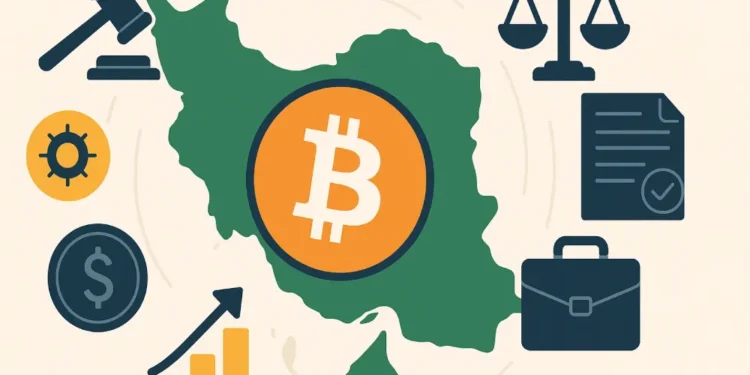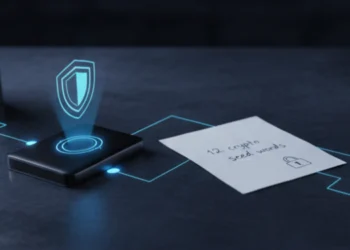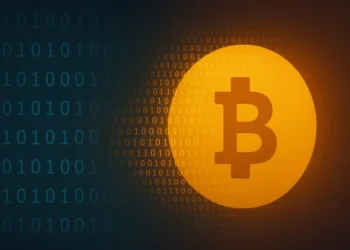The use of cryptocurrencies like Bitcoin in Iran has sparked global curiosity due to the country’s complex economic landscape and international sanctions. If you are wondering whether it is allowed to send and receive Bitcoin in Iran, this guide provides a comprehensive overview of the current laws, restrictions, and practical considerations.
Is Bitcoin Legal in Iran?
Bitcoin in Iran operates in a legal gray area. While the Iranian government does not outright ban the possession or transfer of Bitcoin, there are stringent regulations regarding its usage, especially when it comes to trading and mining.
- Bitcoin Ownership: It is legal for Iranian citizens to own Bitcoin and other cryptocurrencies.
- Trading Restrictions: Crypto trading platforms are restricted within Iran. The government discourages using crypto exchanges that are not licensed, although very few are officially approved.
- International Sanctions: Because of sanctions imposed by the U.S. and other international bodies, Iranians face barriers when dealing with global exchanges, limiting their access to international crypto markets.
Regulations Around Bitcoin Usage
Iran’s Central Bank (CBI) has established several guidelines:
- Mining Is Legal: Iran officially legalized Bitcoin mining in 2019 under a licensing regime. Miners must obtain permits and pay industrial electricity tariffs.
- Usage for Imports: In 2020, Iran allowed the use of cryptocurrencies like Bitcoin to pay for imports as a way to bypass sanctions.
- Personal Use: Individuals can send and receive Bitcoin, but it must be for personal use and not for business purposes unless officially licensed.
Legal Risks and Penalties
- Unlicensed Trading: Engaging with unlicensed exchanges can lead to penalties or asset confiscation.
- Electricity Theft for Mining: Illegal mining operations, especially those using subsidized electricity, are subject to heavy fines and equipment seizure.
- Financial Monitoring: The government monitors large transactions to prevent money laundering and sanction evasion.
International Impact and Sanctions
Using Bitcoin in Iran comes with challenges tied to global sanctions. International exchanges like Binance, Coinbase, and Kraken often restrict Iranian IP addresses to comply with international law.
This has led many Iranians to use decentralized exchanges (DEXs) and VPNs, but doing so can carry additional risks related to account security and legality.
How Iranians Use Bitcoin Safely
- Decentralized Wallets: Using non-custodial wallets like MetaMask, Trust Wallet, or Ledger to hold Bitcoin.
- Peer-to-Peer (P2P) Trading: Platforms like LocalBitcoins (when available) or P2P features within exchanges allow Iranians to trade directly.
- Privacy Tools: VPNs and anonymity-enhancing tools are commonly used, albeit with caution regarding their legality.
- Licensed Mining: Some citizens engage in legal Bitcoin mining as a source of income.
Future Outlook for Bitcoin in Iran
The Iranian government continues to explore ways to integrate cryptocurrencies into its economy, mainly for circumventing sanctions on international trade. However, widespread legal acceptance for everyday use remains limited.
Recent discussions suggest that Iran may develop a central bank digital currency (CBDC), which could further impact how Bitcoin is regulated domestically.

















